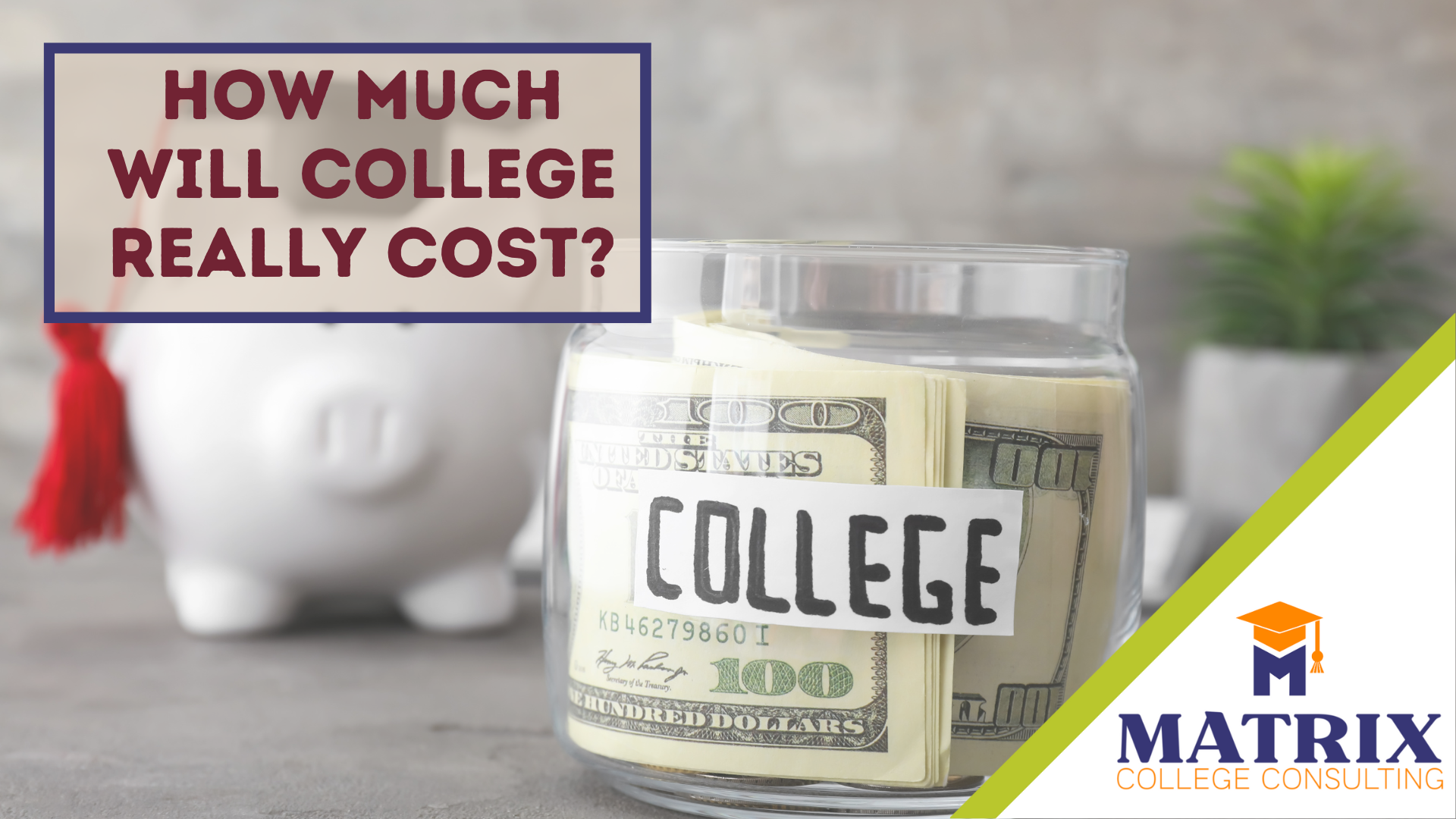If you have a high school student, chances are they have activities, vacations, sports, and a job keeping them busy this summer. But they probably also have a little bit of free time.
Here are five easy yet important tasks they can do that will really help them start thinking about college.
- EXPLORE CAREERS AND MAJORS. There’s a good chance that your child hasn’t nailed down what he wants to do for his career. Most teenagers don’t have a solid career plan, and that’s okay. To start the exploration, there are plenty of online discovery tools. He can choose something that looks interesting, then take a deeper dive into it. What are the majors that lead to this career? What are the starting salary and mid-career salary levels? What is a typical day on the job like? If he’s still interested, have your son reach out to your network and see if you can find someone who does that job (or in a related field) and ask if he can interview them or shadow them for a day. He would gain real insights about job this way, and it would inform further career exploration.
- GO ON A COLLEGE VISIT. This is great for all high school grade levels. If your daughter has some schools in mind already, pick one and schedule a visit. If not, find a school within a short drive and make it a day trip. It doesn’t matter if it’s a school she isn’t crazy about, it’s just to observe and form some preliminary opinions. Have your child take notes on what she likes/doesn’t like about it. Have her consider things like size, location, setting, distance from home, vibe on campus, academics, social life, dorms, and clubs, sports and activities. Have her talk to students on campus and ask questions about things that matter to her. After the visit, be sure to unpack all that she’s observed, taking notes during the conversation. This will be a great place to begin forming ideas for the criteria she really wants in a college.
- RESEARCH COLLEGES ONLINE. Once your son has some preliminary career ideas and has thought about what he wants in a college, he can spend a few minutes each day looking at schools online. School websites are very helpful, as are sites that offer virtual tours. There are some helpful site, such as College Scorecard, Big Future, and Niche, that can jump start his research. Lots of educational consultants swear by the book “Fiske Guide,” a college guide that details the characteristics and highlights of over 300 universities. And while lots of parents like U.S News and World Report rankings, they should not be your primary research tool. The ranking methodology they use will not be the same as your son’s criteria, so make sure he is gathering information from lots of different sources.
- GET A TESTING PLAN IN PLACE. Depending on the age of your child, she might be looking to take an ACT or SAT for the first time or wanting to retake it to achieve her score goal. There are testing dates offered throughout the calendar year. Pick a date that works for her schedule and sign up early to reserve a spot at an optimal location. Despite the test-optional landscape, great test scores can still play a factor in getting into colleges. I encourage students as early as 9th grade to take either the ACT or SAT to get a baseline score. And even though this score will most likely not be the final one she submits, I’d still recommend preparing for it. Grab a practice book on Amazon and have her take some practice tests/sections to get ready.
- TALK WITH YOU ABOUT COLLEGE AFFORDABILITY. This is one of those important conversations many families do not have. Look up the cost of attendance at the colleges your son has researched. If you assume your family has to pay the full sticker price, is it affordable? Do you anticipate having enough in savings, 529 plans, and UGMAs, or will you have to dip into your retirement accounts? What is your opinion of student loans and parent plus loans? Do you expect your child to contribute to the cost of his education? You might also read up on filling out the FAFSA and what types of assets and income impact how much your expected family contribution will be. Knowing the numbers before senior year will allow everyone to be on the same page about which colleges are financially feasible.
Show this list to your high schooler. Small actions they take this summer will pay off in a big way in the near future. Getting college conversations going now will help your family begin to think about this process in a positive way. Need some help? Contact me for a free consultation. I’m happy to answer questions you might have.





